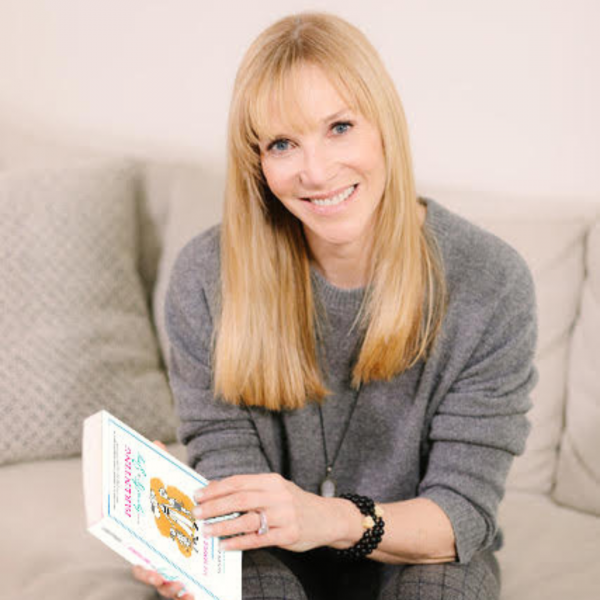As promised, this week we have more from the OG parenting mentor, Susan Groner. As she says, she’s got the advantage of looking at parenthood through a retroactive crystal ball. And we’re very happy she agreed to share some of her best parenting advice with us at Markid.
ASK AN EXPERT: Behavior with Toddlers
We’re back with Susan G. Groner, the founder of The Parenting Mentor and the author of Parenting with Sanity & Joy, 101 Simple Strategies.
–
Ok Susan, let’s get back into it. One of the biggest issues parents with young kids deal with is bad or unruly behavior. What’s the best way to handle it?
I had one mom who came onto my podcast and said she didn’t want to react with anger all the time to her child. I told her: Your kid is three. When they take a big swig of ice and pour it out onto your floor, you need to remember that your child has only been on the planet for three years. They didn’t do it to frustrate you. They did it because they were learning about the world and exploring. They didn’t know. So that should take the edge off. Try to put yourself into the head of your child, which is hard to do. But they just don’t have the coping mechanisms yet.
What about temper tantrums and other behavioral issues?
As a parenting mentor, I try to focus on the parent. To help them be more relaxed and less stressed. So if a parent can see that their child is frustrated about something (they want another cookie), just acknowledge it (“I understand it’s frustrating you can’t have another cookie). So you’re making the emotional connection, but you don’t have to fix it or give in.
What’s the best way to communicate that?
Here’s the one-word change that makes a big difference. Take out the word “but.” If your child is upset because they don’t want to stop playing and go to bed, instead of saying: “I know you’re having fun playing, BUT it’s time to go to bed,” try saying, “You’re allowed to feel sad. I don’t blame you for that. AND it’s time to go to bed.”
Why is that such an important difference?
Because the “but” is like a “too bad.” It dismisses their feelings.
Also, humor goes a really long way. The more you smile and laugh, the better. If your daughter bopped herself on the head and hurt herself, you can try to make a funny thing about bopping yourself on the head. And then you’re laughing together and all of a sudden it’s ok.
I know you have some good advice about potty training. What is it?
Potty training is a control issue. When your kid becomes a toddler, they start to realize they have control and can get a rise out of you. There are three main things they have control over: eating, sleeping, and potty training. You can’t force food down their throat. You can’t make them poop on the potty. And you can’t make them sleep. So bottom line: They’ll do it on their own time.
What’s your advice for parents who constantly compare their kids to others? I think we all probably do it to some degree…
Don’t do it! When you and I were growing up, there were always kids who were smarter or better athletes. And ya know what, we’re all doing ok. You can’t engineer your kid, especially when they’re little. So much of it levels out. All kids end up being potty trained. If Suzie was potty trained at 18 months, good for Suzie.
Do you find that parents, especially young parents, sweat the small stuff?
You’ll find that throughout your child’s life, what you worried about when she was two, you’ll probably look back when she’s three and think– what a waste of time. So I have the benefit of the retroactive crystal ball.
I have 100 more questions but we’re almost out of time. Any parting words of wisdom?
Another piece of advice is to talk to your child about the plans. In the same way, we all want to know what we’re walking into, kids want to know it too. Also, kids like boundaries. You don’t need many of them, but you need some.
You can connect with Susan on Instagram, or hear more advice in her weekly podcast.
